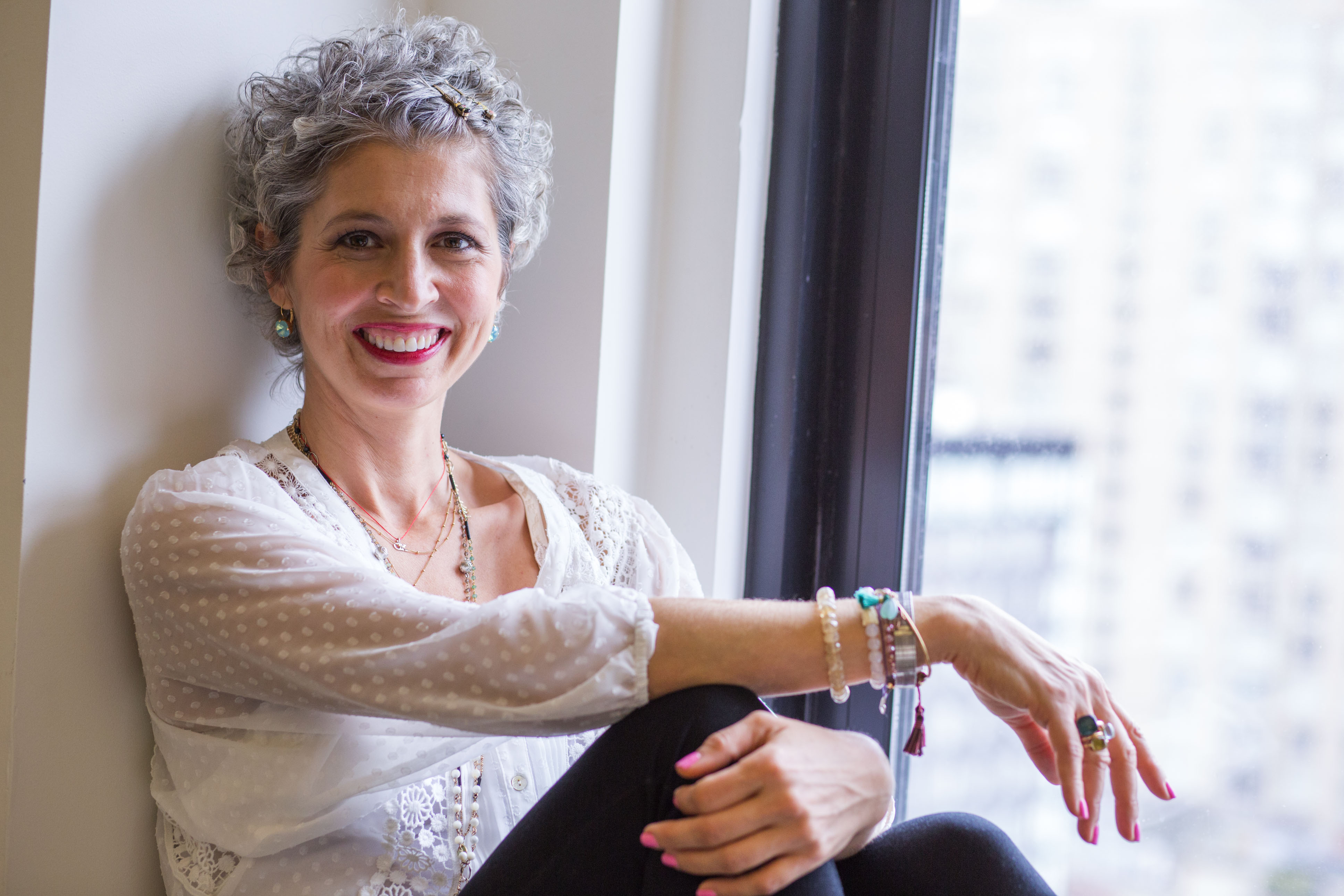Guest Blog Post: 50 Percent

Today’s blog post comes from Chiara D’Agostino, who writes at Beauty Through the Beast about her experience with breast cancer and how it’s affected different facets of her life. A longer version of this piece originally appeared on her blog.
Why isn't there a warning label that comes with cancer: Caution, your romantic relationship may terminate from your diagnosis! Sitting in my oncologist's waiting room, the pamphlets feature head-wrapped women surrounded by comforting family, none highlighted phone numbers of couples counseling. Why isn’t the rate of break-up mentioned during a breast cancer diagnosis, and how come help isn’t offered at the onset of a diagnosis?
At my follow-up with breast surgeon, she learned of the recent demise of my relationship and wasn't surprised; stating 50% of couples break up during a cancer diagnosis. Shocked at the statistics and feeling cheated my ex and I weren't armed with the tools, I set off on some research, hoping to enlighten the affected couples that come after me.
The Huffington Post’s Divorce and Breast Cancer: Your Marriage or Your Life, Amanda Deverich reports "At first, (Helen's) husband, Wally, joined her in the fight for survival, but the conflict proved too much and he pulled out."

I can relate. My boyfriend at the time started out by saying he was with me 1,000% during treatment, but his promise quickly disintegrated and our relationship suffered, as his words did not match his actions.
Frequently, my partner told me there wasn’t enough time in the day for him to work, exercise and emotionally support me, so he withdrew. Maybe he underestimated the strength and pace needed for the long haul, and needed to ask for support for himself as he tried to handle so much responsibility. He was gone twelve hours a day, so I leaned on many friends and organizations, but I did wish my partner to be there in a loving, supportive, non-volatile way. After my mastectomy, shy of our three-year anniversary, my boyfriend dissolved our relationship and gave me ten days to move out; physically and emotionally weak, I relocated with the help of friends.
Cancer offers many lessons, one: not everyone shows up during a life-threatening diagnosis, and sometimes even those closest to you judge and abandon you. I’ve learned to not take it personally; some people just can’t face challenges for their own reasons, so I turned my attention to those who could. No matter what, we are not alone, we just have to know what we need, ask for it, and not stop until we get it; sadly, it just may not be from those we expect.
Following is a brief list of resources that may help if you or someone you know is experiencing relationship changes during cancer:
- BreastCancer.org’s You and Your Partner section has effective tips on communication during cancer
- Cancer.net offers general tips on talking with a spouse or partner about cancer, as well as an overview of how to navigate dating and intimacy during and after cancer
- Anyone affected by cancer in the United States can call CancerCare’s Hopeline, 800-813-HOPE (4673), to speak with an oncology social worker about issues related to a cancer diagnosis
